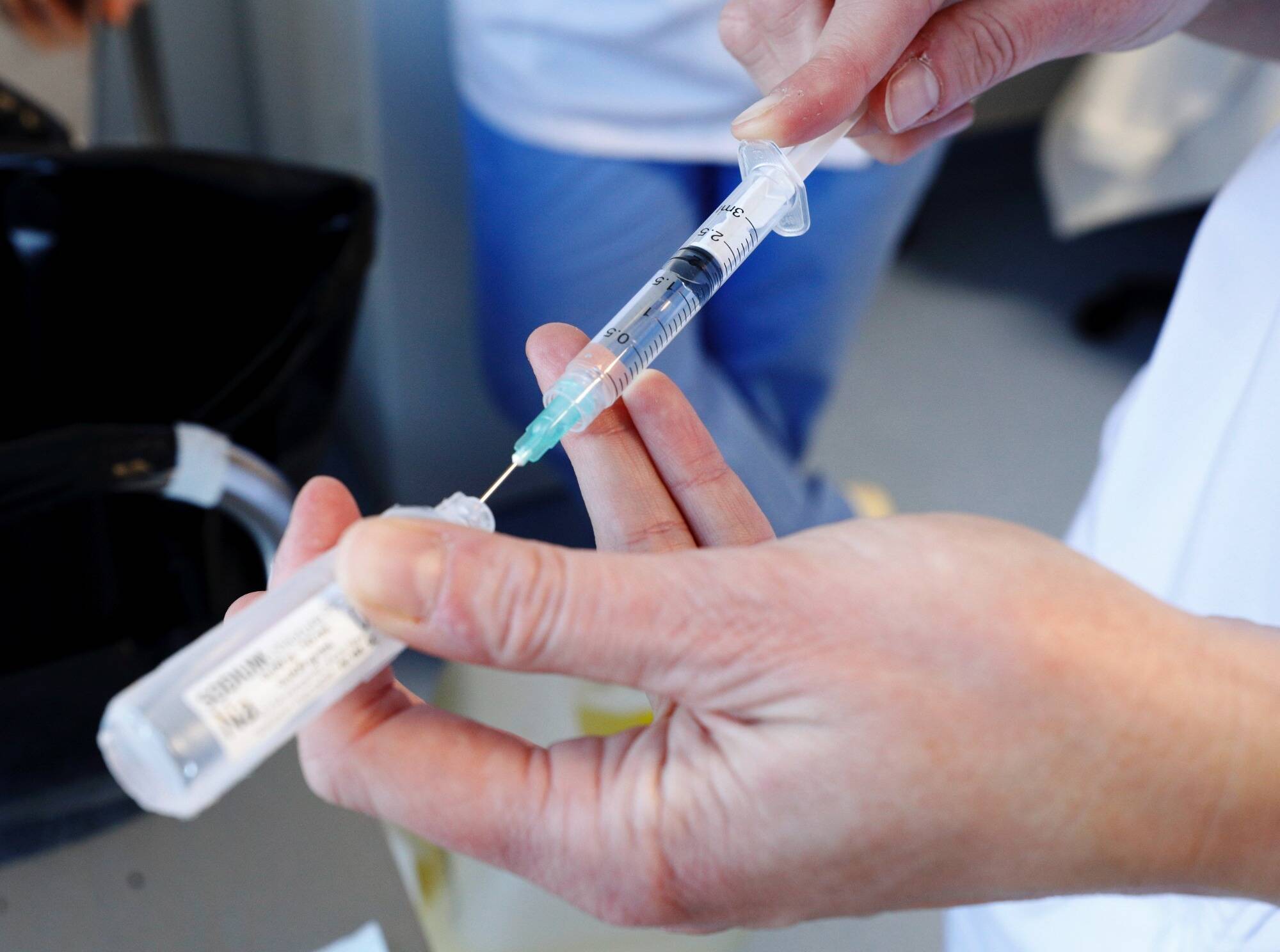A group of researchers from the Tokyo Institute of Technology (Tokyo Tech) has just formulated an innovative design rule for solid electrolytes, allowing for increased lithium-ion conductivity. Their work enabled the creation of high-entropy materials while preserving ionic superconducting pathways.
As the world moves towards a greener and more sustainable energy economy, reliance on lithium (Li) batteries is set to increase. Scientists around the world are working to design batteries that are increasingly compact while maintaining efficiency, to meet the ever-growing demand for energy storage.
With this in mind, solid-state lithium batteries (ASSLBs) has attracted research interest for its innovative use of solid electrolytes instead of conventional liquid electrolytes. These solid electrolytes make batteries safer against leaks and fire hazards, and provide superior power and energy characteristics.
However, its rigidity results in poor wettability of the cathode surface and an inhomogeneous supply of Li ions to the cathode, which causes capacity loss in a fully solid-state battery. This problem is seen most clearly in thicker battery electrodes, such as those of 1 millimeter thickness, which are a more advantageous electrode configuration for achieving high energy density, and low cost of battery packaging, than a conventional electrode less than 0.1 mm thick.
step towards solution
A recent study published in science Found a way around this problem. The team of researchers led by Professor Ryoji Kanno of Tokyo Tech developed a strategy for producing solid electrolytes with increased conductivity of Li ions. Their work lays the foundation for the design of the synthesis of high-entropy crystals of ionic superconductors of lithium by a multi-substitution approach.
Several studies have shown that inorganic ionic conductors tend to show better ionic conductivity after multi-element replacement, possibly due to the flattening of the potential migration barrier of Li ions, which is necessary for the improvement of ionic conductivity. “
On this basis, their research began. To design their new material, the team drew inspiration from the chemical structure of two well-known Li-based solid electrolytes: ionic-type supercrystals arthritis (Li6PS5Cl) and LGPS-like (Li10GeP2S12).
Noticeable results
Theoretical calculations indicate that the enhanced conductivity of the solid electrolyte may be due to the flattening of the energy barrier for ion migration, due to the lower degree of chemical substitution in the aforementioned crystal.
This study opens up a new method for preparing high-entropy solid electrolytes for single-millimeter-thick electrodes while preserving superconducting ionic pathways. “Indeed, the proposed design rule lays a strong foundation for exploration of new ionic superconductors that display superior charge-discharge performance even at room temperature.Professor Kano concludes.
Authors: Yuxiang Li1, Subin Song2, Hanseul Kim2, Kuniharu Nomoto1, Hanvin Kim1, Xueying Sun2, Satoshi Hori1, Kota Suzuki1, Naoki Matsui1, Masaaki Hirayama1,2, Teruyasu Mizoguchi3, Takashi Saito4,5,4,6,6 Ryuji Kano1
Title :
A lithium ion superconductor for a millimeter-thick battery electrode. Gazette: Science | DOI: 10.1126/science.add7138
[ Rédaction ]

“Music guru. Incurable web practitioner. Thinker. Lifelong zombie junkie. Tv buff. Typical organizer. Evil beer scholar.”







More Stories
British Columbia protects mobile home residents by amending the law
Losses of $748 million in 2023: Change of course necessary for Canada Post
Solar energy to help cities financially